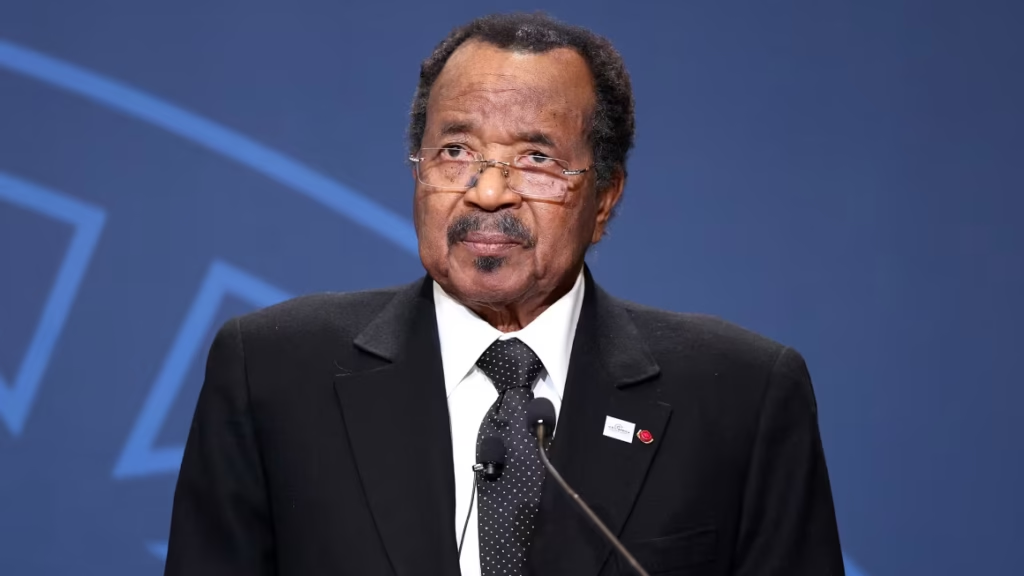Cameroon’s long-serving leader, Paul Biya, has officially declared his intention to run for an eighth presidential term in the upcoming elections scheduled for October 12, 2025. At 92 years old, Biya remains the world’s oldest sitting head of state and one of the longest-serving leaders globally, having been in power since 1982.
His decision comes amid growing concerns about his health and rising demands for political transition from both the public and the opposition. Despite the mounting pressure, Biya has maintained a firm grip on power, often governing from behind closed doors and rarely appearing in public. His announcement is seen by many as a signal that the ruling party, Cameroon People’s Democratic Movement (CPDM), is not ready for generational change.
In recent days, Biya has carried out significant military reshuffles, appointing loyal figures to key positions within the country’s armed forces. This move is interpreted as a strategy to tighten control and pre-empt any potential unrest during the electoral period. Cameroon continues to face internal security challenges, particularly in its Anglophone regions, where separatist groups have been fighting for independence since 2017.
Opposition figures have reacted with criticism and concern. Many citizens, especially the youth, have expressed fatigue over decades of the same leadership, citing economic stagnation, limited civil liberties, and deteriorating public services. Civil society groups have called for transparent and credible elections and urged international observers to monitor the process closely.
As the campaign season unfolds, all eyes are on how the Cameroonian electorate will respond to Biya’s continued hold on power. While the ruling party maintains that stability and experience are Biya’s key assets, critics argue that a peaceful and democratic transition is long overdue.
The October election could mark a turning point in Cameroon’s political future—or further entrench the status quo.


